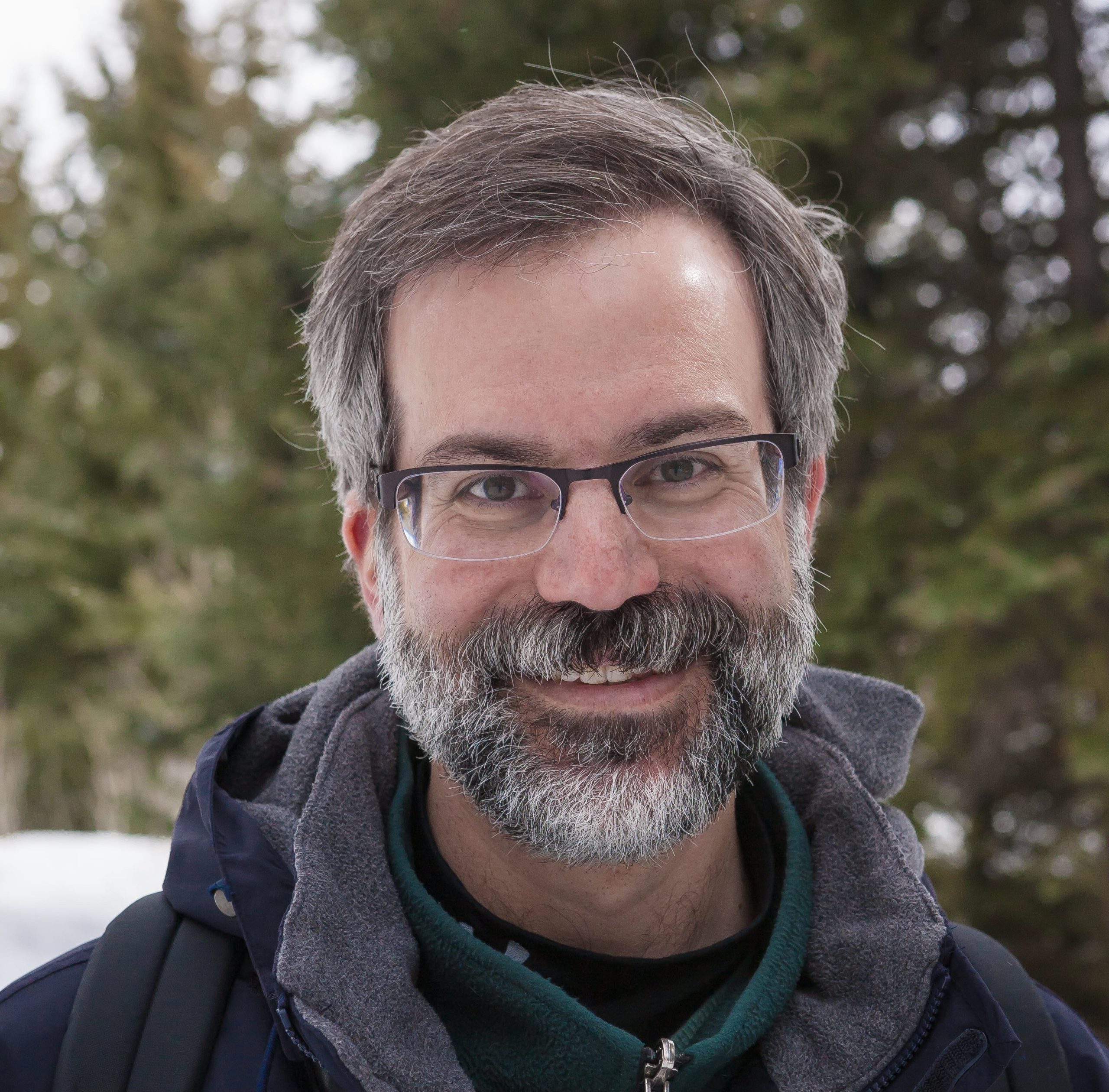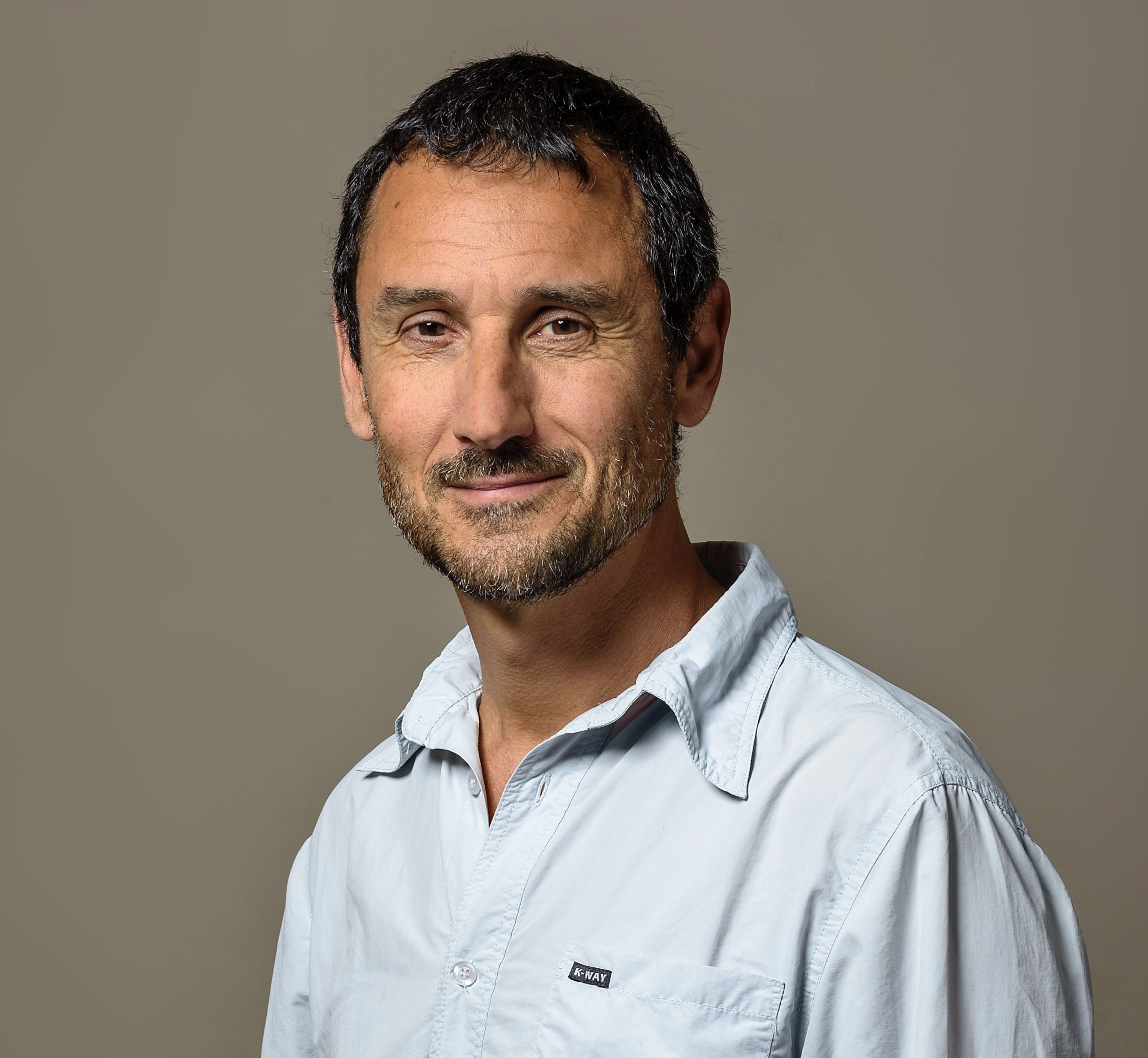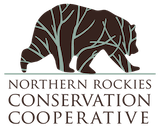When: 1 – 4 PM on Wednesday, October 25th, 2023
Where: Teton County Library Auditorium
Led by: Susan Clark, Richard Wallace, and Ignacio Jiménez
Description:
This practical and interactive workshop focuses on the knowledge and skills needed to address conservation problems in Jackson Hole and the Greater Yellowstone Ecosystem. We will share innovative practices and foster network-building to move from local to ecosystem-wide coexistence strategy. The workshop will focus on improving professional effectiveness.
The GYE is facing many pressures, all of which contain content – including ecological and human factors – as well as process – including values and decision processes. We will explore cases where both content and process have been effectively improved.
The resources, human capacity, and public motivation are all here in the GYE if we choose to activate them to move us closer to sustainable human-nature relations.
Who should attend:
- Non-profit organization representatives
- Government and elected officials
- Eco-tourism sector professionals
- Community leaders
- Researchers and academics
- Students and emerging leaders in conservation
- Engaged citizens
Workshop Facilitators:
Susan Clark
Susan Clark is the Joseph F. Cullman 3rd Professor (emeritus) of Wildlife Ecology and Policy Sciences, Forestry & Environmental Studies and fellow in the Institution for Social and Policy Studies, Yale University. She has diverse experience in the NGO community, academia, and in the field. She focuses on professional interdisciplinary education and skill training for leadership, professionalism, and problems solving. Representative activities include koala conservation and management in Australia, a study on improving large carnivore conservation in Rocky Mountains of United States and Canada, and an analysis of large scale management and policy. In 2021, she published Yellowstone’s Survival and Our Call to Action: Making the Case for a New Ecosystem Conservation Story. She has written about 400 papers, monographs, and books. She has received awards, including Outstanding Contribution Award from U.S. Fish and Wildlife Service, Presidential Award from the Chicago Zoological Society, Denver Zoological Foundation Conservation Award, and Best Teacher from students.

Richard Wallace
Richard Wallace is Director of Publishing of the Ecological Society of America and editor-in-chief of Frontiers in Ecology and the Environment, one of the world’s top-ranked ecology and environmental science journals. Prior to joining the ESA, he spent nearly 20 years as professor of environmental studies at Ursinus College, where he was founding chair of the environmental studies department and helped to create the college’s programs in food studies, marine science, and sustainability, and its agroecological field research station. Before Ursinus he was co-coordinator of the environmental studies program at Eckerd College. Earlier in his career, Wallace spent nearly 10 years assessing federal programs for marine mammals and their habitats, first as a staff member of the U.S. Marine Mammal Commission and later as an independent consultant to the International Fund for Animal Welfare. Wallace is an avid birder and hiker. Originally from Brooklyn, NY, he and his family now split their time between Pennsylvania and the mountains of western Virginia.

Ignacio Jiménez
Ignacio is a Spanish biologist with three decades of experience in conservation. He has worked with manatees in Central America, golden-crowned sifakas in Madagascar, and protected areas in El Salvador, Brazil, and Uruguay. He also carried out a national evaluation of the Spanish experience in recovery of threatened species. Between 2005 and 2015 he designed and coordinated in Argentina the largest reintroduction program in America, with species such as the giant anteater, the pampas deer, the tapir, the collared peccary, the red macaw and the jaguar. He spent a year in South Africa to learn how conservation organizations manage and integrate nature reserves, rewilding and ecotourism. Ignacio has designed and coordinated more than 20 training courses on applied and interdisciplinary aspects of biodiversity conservation in 8 countries. His research and conservation efforts have appeared in dozens of scientific journals, books and other publications. In 2022 he organized and coordinated the First World Meeting of Translocation Professionals. Ignacio is the lead author of “Nature Production: parks, rewilding and local development,” a conservation manual that has been published in Spanish, Portuguese and English. Ignacio is also a member of the IUCN Conservation Translocation Group and a National Geographic Explorer.


